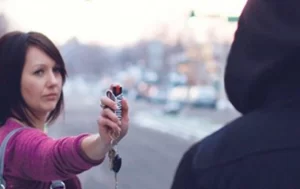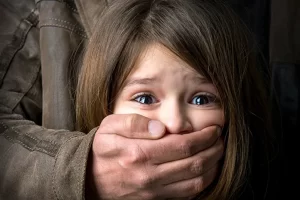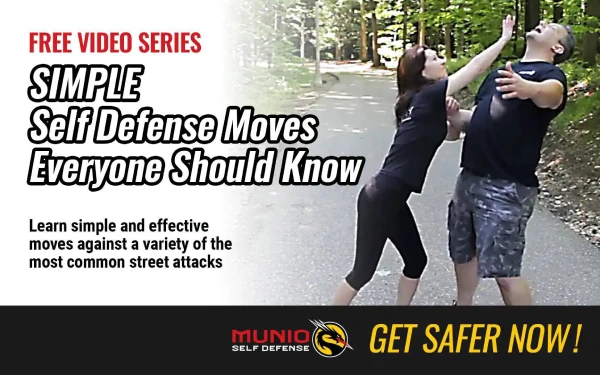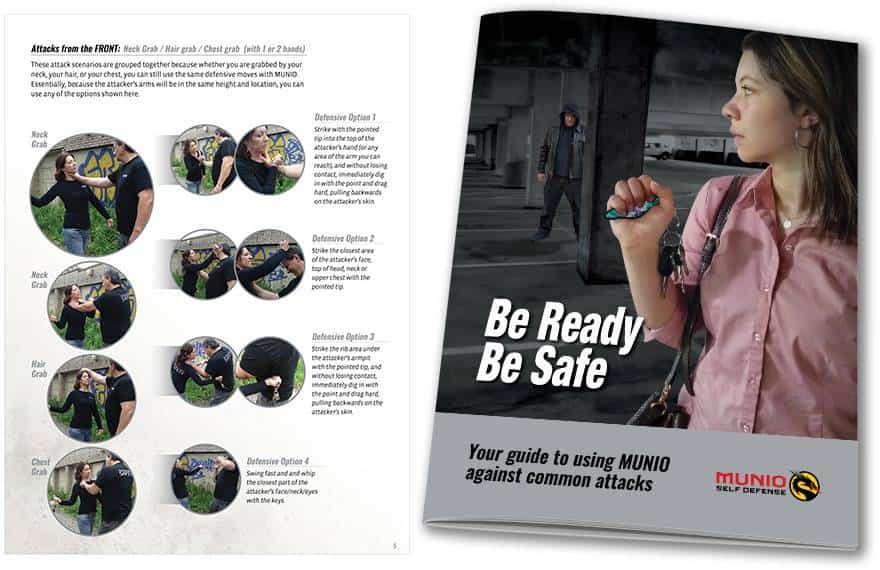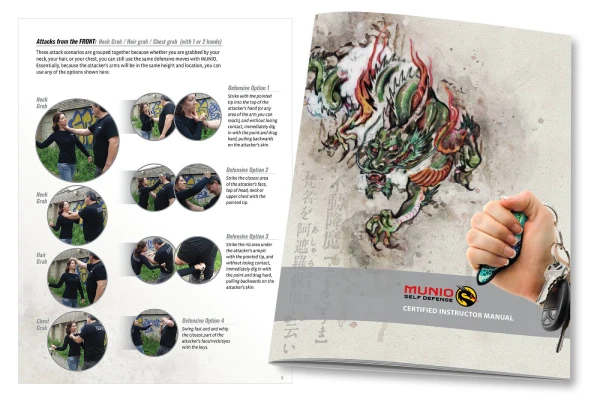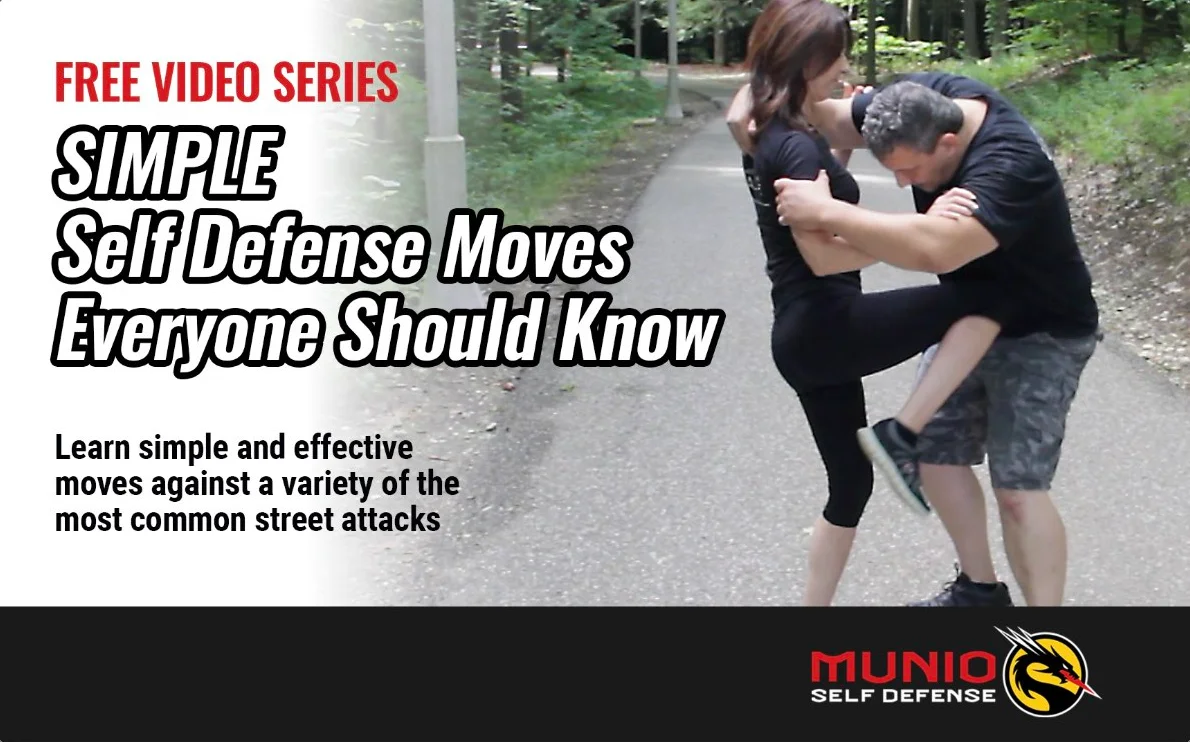With the advent of social media, thieves suddenly have a wealth of information about you and your family at their fingertips. Crime trends have evolved in the twenty-first century, and so should our safety protocols as well. Although criminals can still obtain sensitive information through the time-honored traditional dumpster dive, it’s become a lot easier to shop for their next victim from the comfort of their own living room. Follow these social media safety tips to ensure you and your loved ones stay safe.

7 Social Media Safety Tips
Looking to avoid social media dangers? Follow these tips.
1) Check your privacy settings
Your web browsers, mobile operating systems, and social media sites like Facebook have settings available for privacy, so use them! If you haven’t checked your settings in a while, take a look. Make sure your settings are secure and only your friends can view the content of your posts as well as your profile.
2) Watch what you post
Resist the urge to share personal things about yourself. Remember not to share something that you wouldn’t want a prospective employer to see or the general public, as you never know where your posts will end up. In particular, keep mum about your vacation. I wouldn’t want to deter anyone from sharing their beautiful vacations with friends and family online, but I encourage you to share after the fact — that is, after you’ve returned home. Otherwise you run the risk of signaling to evildoers, “Nobody is home.” Avoid posts such as, “Enjoying vacation time with the family. Will see you all back home next Friday.” Statements like these can motivate someone with bad intentions to scope out your residence for valuables, since not only do they know you’re not home, but they know they have until Friday to burglarize your house. You might as well just put a giant sign in your front yard that says “Gone for vacation. Be back next Friday.” Sound ridiculous? That’s essentially what you do by posting that same information to social media. At the very least, if you’re going to post about your vacation, it’s best to leave out the extent of who is with you and exactly how long you will be gone. At the very least, it will cast doubt for those with bad intentions on whether or not anyone is really home, and doubt can serve as a valuable deterrent to thieves.
3) Beware of stranger danger
Just as you would warn your children to beware of strangers IRL (that is, in real life), it’s important to exercise caution about people you meet online. When meeting a digital friend, client, or work contact in real life, make sure to choose a public place and let close friends or family know who you’re meeting with, when, and where. Don’t share private information with them such as your home address. It’s also a good idea to regularly take inventory of your friends list on Facebook and other social media accounts, to ensure strangers haven’t accidentally slipped through.
4) Make sure you have a secure internet connection
When going out in public, avoid public Wi-Fi connections, which are susceptible to security breaches, especially when making purchases or sharing private information. Use a VPN (virtual private network) connection, which establishes a secure connection between your device and the internet and helps you maintain privacy online.
5) Download safe files
Be cautious about downloading files. First of all, make sure you know or trust the site or sender. If something looks suspicious, take a pass. Otherwise, if everything appears to look trustworthy, you can ensure a file is safe for you download it follow these steps from Technewstoday:
- Scan the file using antivirus software. Antivirus software is designed to prevent threats to internet security. Make sure you keep your program up to date.
- Check the format. File extensions are the three to four characters that follow the period at the end of a file name. Ensure the file extension in the confirmation box matches the extension of the files you want to download.
- Check the dates and number of downloads to make sure enough time has passed since the file was uploaded in order to establish its safety.
6) Use strong, unique passwords
While it’s easier to remember your password if you use the same one for all your accounts, remember it’s also easier for cybercriminals to access your accounts.
7) Avoid online quizzes
Lastly, be careful with those social media quizzes. You know the ones that ask, “Which 80s metal band best describes you?” Although they can be fun, many of them are designed to lure you into a portal that collects your email address and other Facebook data so that identity thieves can learn about your interests. By doing so, they can craft emails that appear legitimate and possibly trick you into giving up personal account information at a later time. It’s best to avoid these quizzes altogether.
Practice Safe Social Media Networking
Social media and the internet in general are great for bringing family and friends closer together. If we pay more attention to our security and content, we’ll all have safe experiences and enjoy each other’s adventures!


